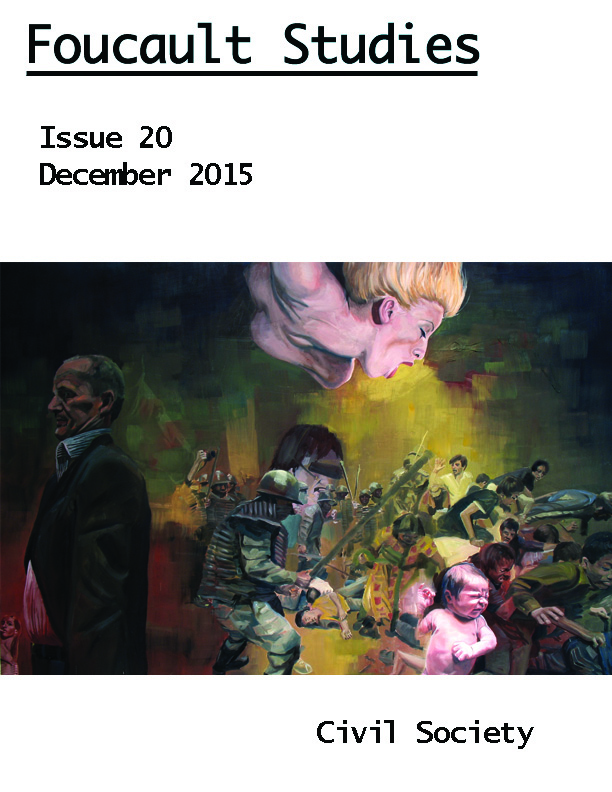“Is power always secondary to the economy?” Foucault and Adorno on Power and Exchange
DOI:
https://doi.org/10.22439/fs.v0i0.4936Keywords:
power relations, exchange relations, economy, state, neo-liberalismAbstract
The paper begins with a broad description of Adorno’s and Foucault's relations to Marx. Its focus then narrows to describe the relation between the economy and the state in their work, and in particular, whether Adorno adopted Friedrich Pollock’s state capitalist thesis which asserts that state power now outflanks the market economy. The next section deals with exchange relations and power relations, and Foucault’s discussion of neo-liberalism in The Birth of Biopolitics comes to the fore. After questioning Foucault’s claim that neo-liberalism effectively abandons exchange, I conclude that, while Adorno may well be right about the primacy of exchange relations, his analysis must be supplemented with an analysis of power because he recognizes that power superseded exchange in Nazi Germany and believes that the West still faces a resurgence of that horror. In fact, it was this very threat that impelled Foucault to devote much of his work to an analysis of power.
Downloads
Published
How to Cite
Issue
Section
License
Authors retain copyright to their work, but assign the right of the first publication to Foucault Studies. The work is subject to a CC BY-NC-ND 4.0 license, but despite these restrictions, authors can take for granted that Foucault Studies will permit articles published in Foucault Studies to be translated or reprinted in another format such as a book providing a full reference is made to Foucault Studies as the original place of publication.



